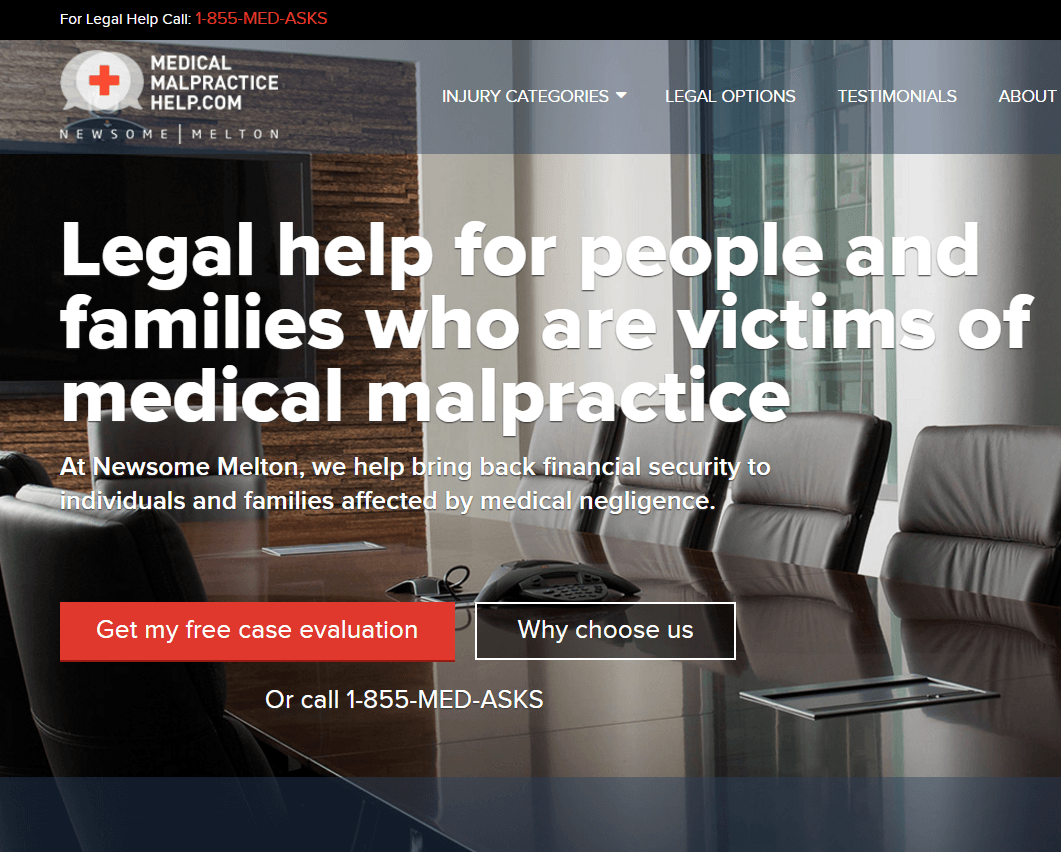 Clostridium Difficile Infection - Common Malpractice Claims | Legal advice for people affected by medical malpractice.
Clostridium Difficile Infection - Common Malpractice Claims | Legal advice for people affected by medical malpractice.
The bacterium C. Diff, or Clostridium Difficile, can cause intestinal problems and symptoms such as fever, loss of appetite, diarrhea, as well as others. Even more serious problems, such as colitis, sepsis, and even death have been linked to infections from C. Diff. Studies have shown that about 80 percent of C. Diff cases are the result of an exposure at a hospital or doctor’s office.
Growing Epidemic
The startling thing about this bacteria is that most people have never heard of it, yet almost 10 percent of those who are affected by it die. Studies have shown that the C. Diff epidemic is growing at a rate of 10 percent a year. Another study has shown that the infection rate from C. Diff has increased by 200 percent between 2000 and 2005.
Causes
C. Diff starts in human feces, and is spread by contact. When someone in a hospital touches something that has been contaminated with the bacteria and transfers it to their mouth, nose, or eyes they run a high risk of contracting the infection.
Preventing C. Diff
In the past this type of bacterial infection was thought to be inevitable, but as there is now more awareness of the issue, meaning this no longer has to be the case. The alcohol-based hand sanitizers that most hospitals use are useless against C. Diff, meaning healthcare workers must wash their hands with soap and water as often as possible. The clothing that hospital workers wear can also carry the bacteria, so changing these regularly is very important. Surfaces must also regularly be washed with a bleach-based product, as bleach is the only known way to kill the bacteria.
Awareness and Liability
Because of the increased attention that C. Diff has received in the media and among health-care professionals, C. Diff infection is now known to be avoidable with the proper precautions. This means that hospitals can now be held liable when patients become infected, which completely changes the legal landscape related to C. Diff liability malpractice cases.
Even though it is difficult to prove when and how a patient was infected while in the hospital in regards to a malpractice claim, it does not mean a claim cannot be made. Patients that contracted C. Diff while in a hospital or clinical setting are encouraged to contact an experienced malpractice attorney to discuss the validity of their claim. A knowledgeable attorney can help patients properly file court documents, as well as obtain expert witnesses and evidence pertaining to their case.
